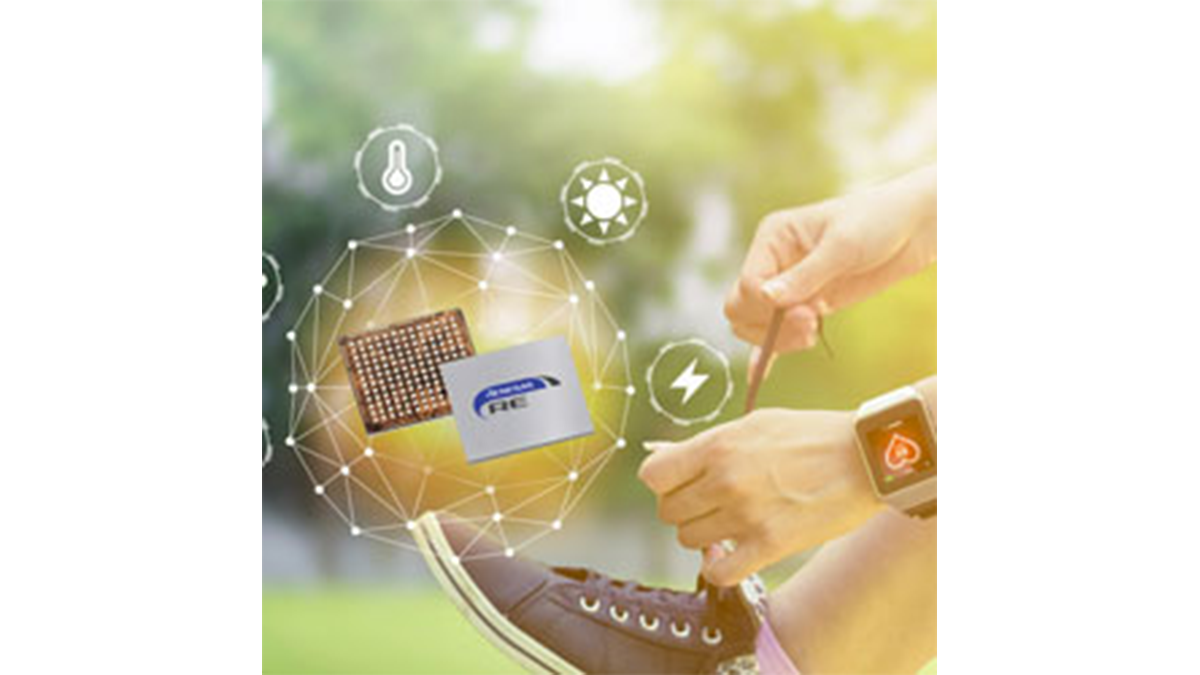
Renesas Electronics Corporation has launched its RE Family, which comprises the company’s current and future lineup of energy harvesting embedded controllers. The RE Family is based on the company’s proprietary SOTB process technology, which reduces power consumption in both the active and standby states, excluding the requirement for battery replacement or recharging.
“Energy harvesting eliminates the labour and costs associated with battery maintenance and is a key solution contributing to environmental conservation,” said Hiroto Nitta, senior vice president, head of SoC Business, IoT and Infrastructure Business Unit at Renesas. “I am extremely pleased that Renesas’ technology innovation with SOTB has enabled these alternative energy solutions, and with the new RE01 Evaluation Kit, Renesas will be making it possible for engineers around the world to quickly start the evaluation. We hope this will accelerate the spread of IoT equipment powered by energy harvesting.”
The new kit comprises an evaluation board which features an RE01 embedded controller, an interface for the energy harvesting device and a rechargeable battery interface. The kit also incorporates an Arduino-compatible interface for simple expansion and evaluation of sensor boards and a Pmod connector to develop and evaluate wireless functionality. Also, there is an ultra-low-power MIP LCD expansion board so that users can evaluate display functions faster. The kit also includes sample code and application notes that serve as references for power management design that removes the requirement for battery maintenance, and driver software that supports CMSIS, Arm’s Cortex Microcontroller Software Interface Standard. Sample code for ultra-low power A/D converters, digital filter and FFT routines, 2D graphics MIP LCDs, and secure boot and secure firmware update functions for improved security are offered. With these features, this kit makes it feasible to adopt energy harvesting based on RE01 Group devices at the system level and will expedite the development of equipment that does not need battery maintenance.
Source: Evaluation kit for development of battery maintenance free IoT equipment
